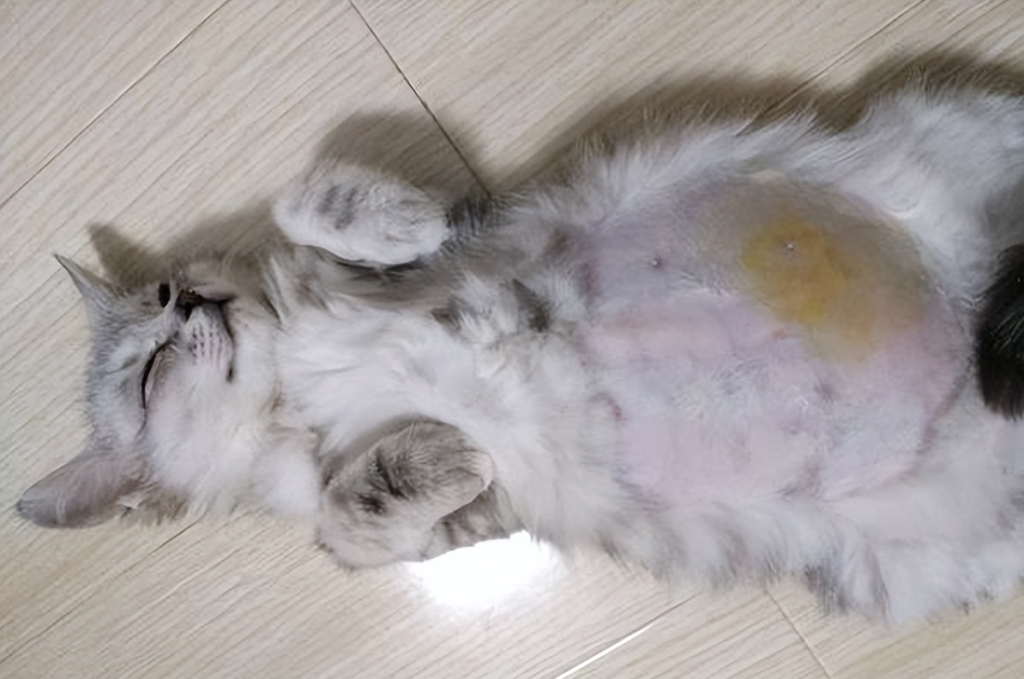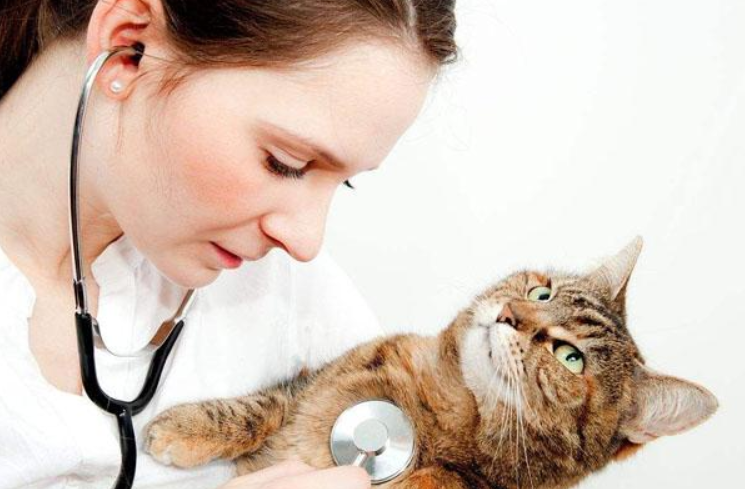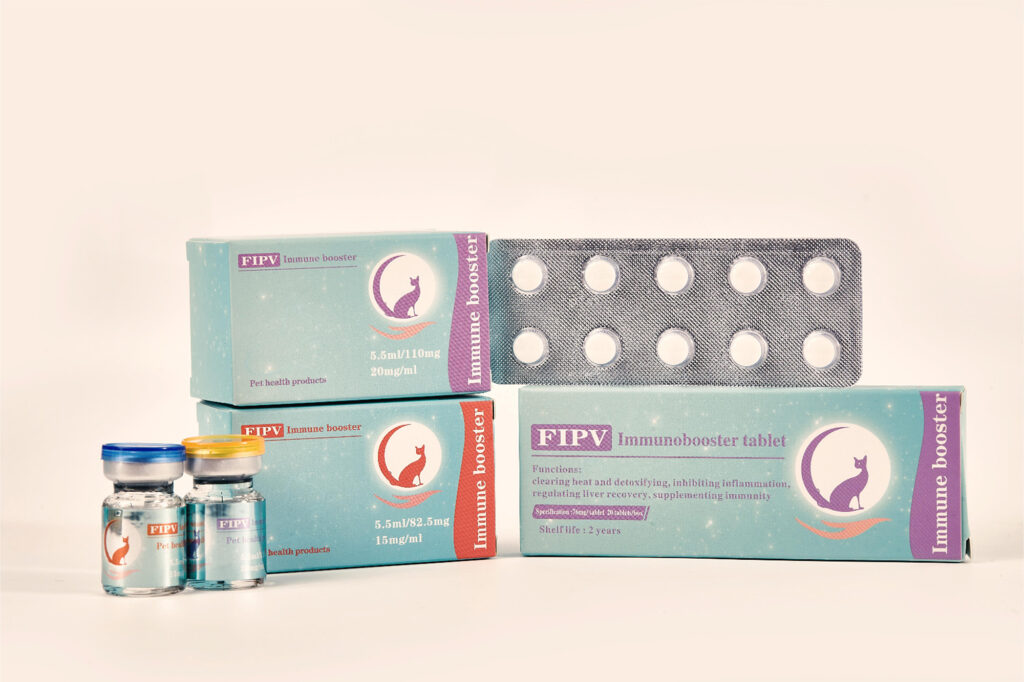GS-441524 Origin and Discovery
GS-441524 is a nucleotide analog, an adenosine analog, which has antiviral activity. GS-441524 has a structure similar to adenosine and the building blocks of RNA, so it can interfere with viral replication and spread.
One of the best-known applications of GS-441524 is in animals against coronaviruses. In animal experiments, GS-441524 demonstrated inhibitory effects against coronaviruses (e.g., feline coronaviruses and avian coronaviruses). This has sparked interest in its potential use in treating human coronavirus infections, such as COVID-19 caused by severe acute respiratory syndrome coronavirus 2 (SARS-CoV-2).
It is important to note that GS-441524 has not been approved for human treatment and is still in the experimental phase. However, studies have shown that GS-441524 has certain inhibitory effects on coronaviruses in vitro and in vivo, which has attracted scientists’ attention to its potential clinical applications.
GS-441524 is a nucleoside analogue and the prodrug of remdesivir, which was previously approved in the United States to treat COVID-19. The relevant patent is in the hands of the American pharmaceutical company Gilead, but Gilead has not authorized any external veterinary drugs on this patent. enterprise. It can inhibit viral replication and is particularly effective in treating feline infectious peritonitis, which has been confirmed in papers and in the real world.
Why treatment for feline infectious peritonitis should last 12 weeks

Treatment of feline infectious peritonitis (FIP) usually takes a longer period of time, typically 12 weeks, because FIP is a complex and difficult-to-treat disease in cats caused by a coronavirus. Here are some possible reasons:
Chronic and refractory nature: FIP is a chronic disease and its treatment is difficult. The immune response caused by the virus may cause the host’s immune system to attack its own tissues, making the disease complex and slow to progress.
Virus Complexity: Coronaviruses are complex viruses, and FIPV (feline infectious peritonitis virus) is a subtype of coronavirus. Researching and developing drugs against coronavirus is a complex task, and the effectiveness of these drugs may be affected by viral mutations.
Need for Immune System Modulation: Treatment of FIP often involves modulation of the immune system. Continued treatment helps adjust the immune system over a longer period of time to better respond to viral infections.
Risk of disease recurrence: FIP sometimes relapses, so long-term treatment can help prevent recurrences. This also helps ensure that the disease does not break out again.
Cumulative effects of drugs: Some drugs may require a certain concentration to accumulate in the body to be optimally effective. Continued treatment ensures that the drug reaches effective concentrations in sufficient time.

It is important to note that while there are some medications used to try to treat FIP, there are currently no specific medications that can completely cure the disease. The goals of treatment are usually to relieve symptoms, improve the affected cat’s quality of life, and try to slow the progression of the disease. Due to the complex and challenging nature of FIP, treatment options may vary on an individual basis and require careful evaluation and monitoring by your veterinarian.
